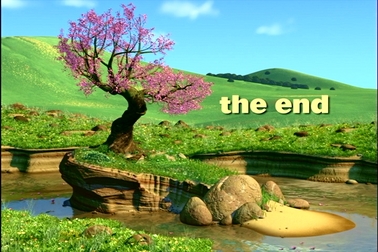How Classic Wisdom can still be Relevant in Current Affairs

Browsing the pearls of wisdom throughout the book, I was struck by how relevant its contents is to the 2016 political drama. Without much ado:
"When society is orderly, a fool alone cannot disturb it;
when society is chaotic, a sage alone cannot bring order."
"The wise leave the road and find the Way;
fools cling to the Way and lose the road."
"Many people are blinded by name and reputation.
Few people see the reality."
As they say, the more things change…
Johannes Tan, Indonesian Translator & Conference Interpreter









 RSS Feed
RSS Feed